Captain catastrophe: Chernobyl’s Viktor Bryukhanov dead at 85
The chain-smoking director of the nuclear power plant – who has died at 85 – ignored the glow emanating from the top of the ruined reactor.
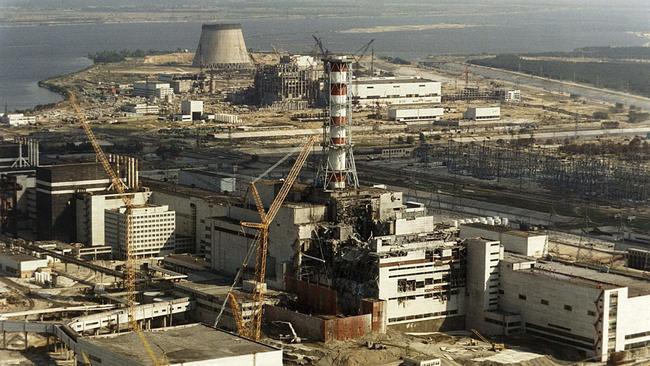
At 1.24am on April 26, 1986, a safety test at the Chernobyl nuclear plant in Ukraine went catastrophically wrong. A huge explosion destroyed the fourth reactor, smashing open the roof and blasting tons of highly radioactive uranium into the atmosphere.
Over the following days the toxic cloud drifted across Europe as far as Britain. The political fallout of the world’s worst nuclear disaster spread even further. It contributed to the collapse of the utterly discredited Soviet Union in 1991.
Viktor Bryukhanov, Chernobyl’s softly-spoken, chain-smoking director, was unaware the test was even taking place that night. He was asleep in his apartment on Lenina Prospekt in Pripyat, the workers’ town three miles from the plant, when the explosion happened. He was alerted by a telephone call, reached the site at 2am and opened an emergency underground bunker to co-ordinate the response — except that he was in complete denial.
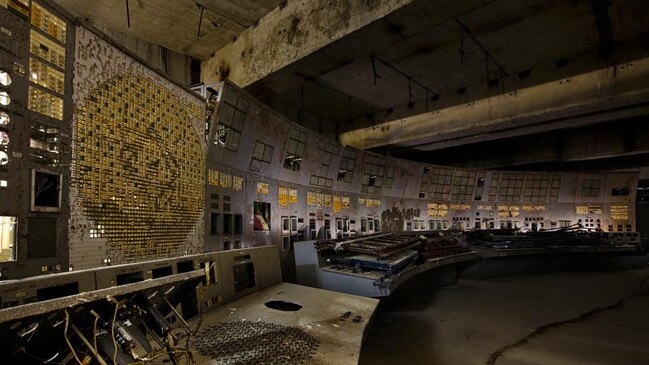
Though he could see for himself the glow emanating from the top of the ruined reactor building, he ignored aides who were recording unimaginably high levels of radiation, telling them that their instruments were broken. He refused to consider evacuating Pripyat’s 50,000 inhabitants, and refused even to accept that the reactor had been destroyed. “Some people here understand nothing and are stoking panic,” he shouted when not sitting in what Adam Higginbotham, author of Midnight at Chernobyl, called a “bewildered stupor”.
Finally, at about 10am, he signed a report that was sent to the central committee of the Communist Party in Moscow and ultimately to Mikhail Gorbachev himself. It said that there had been an explosion and that the roof of the reactor hall had collapsed, but failed to mention that the reactor had been destroyed. There was no need for evacuation or other special measures, it added.
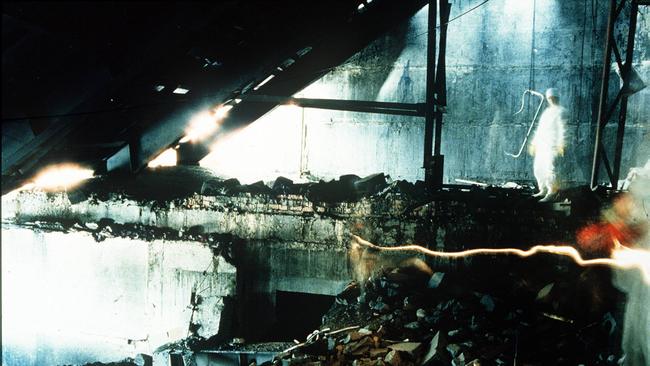
Bryukhanov must have realised the enormity of what had just happened, but he had created Chernobyl from literally nothing. He had devoted much of his adult life to constructing one of the world’s largest nuclear power plants. It seemed that he simply could not comprehend the calamity unfolding before his eyes.
“My father came home after 24 hours and it looked like he had aged 15 years,” his son, Oleg, said later.
Viktor Petrovich Bryukhanov was born in Tashkent, the capital of Uzbekistan, in 1935. He was the oldest of four children of Russian parents, his father a glazier and his mother a cleaner.
He studied electrical engineering at Tashkent’s Polytechnic Institute and rose rapidly through the ranks at Angren thermal power station in the city. There he met Valentina, a fellow worker and they were married in 1966. They had two children, Lilia, a paediatrician, and Oleg, an electrical engineer.
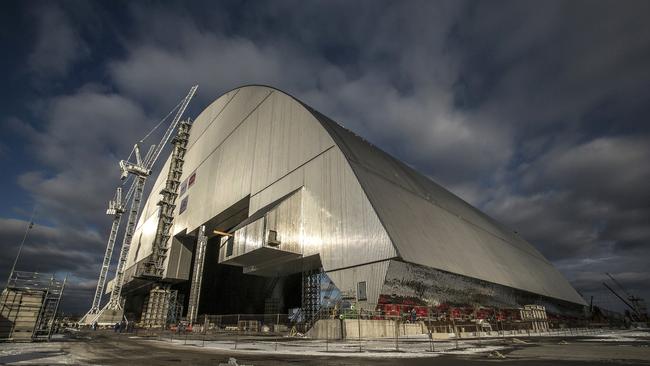
In the late 1960s Moscow embarked on a crash programme of nuclear reactor construction in an attempt to keep up with the West. It insisted on RBMK reactors which were bigger and more powerful than their western counterparts, but possessed serious design flaws. In 1970 it tapped Bryukhanov — clever, ambitious and just 34 — to build the Chernobyl plant beside the Pripyat river, 60 miles north of Kiev. He had no expertise in nuclear power, but he was a loyal party member.
Bryukhanov and his idealistic colleagues initially lived in wooden huts in the forest. First they built railway lines, harbour facilities and accommodation, then they started on the four 1,000-megawatt reactors. They lacked proper equipment and much of the construction material was sub-standard. Bryukhanov had to “cut corners, cook the books and fudge regulations”, according to Higginbotham. But in 16 years he succeeded in “building four nuclear reactors and an entire city on an isolated stretch of marshland”.
Thereafter many of the original specialists were replaced by relative novices. With Bryukhanov overstretched and exhausted, a culture of complacency and ill-discipline set in. Accidents were covered up, including a partial meltdown in reactor No 1. In April 1986 a long-postponed safety test was conducted on reactor No 4 and it erupted.
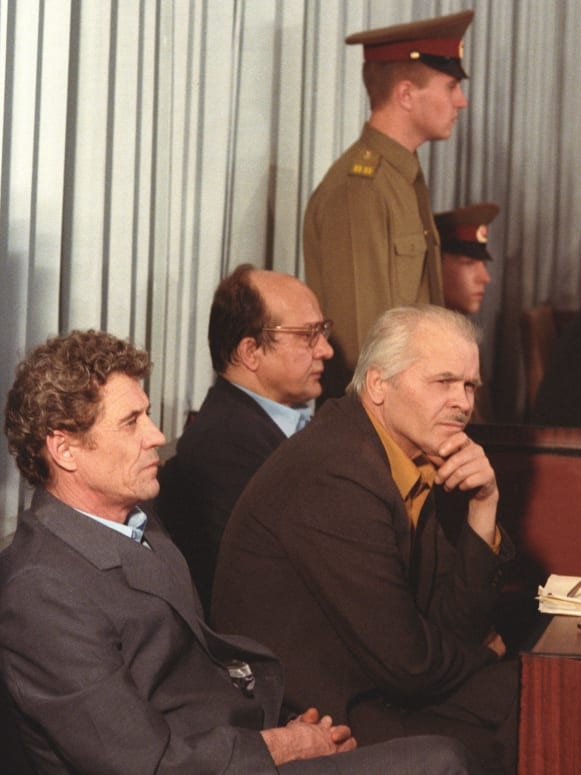
On July 2, two months after the explosion, he was summoned to appear before the Politburo in Moscow, and stripped of his party membership after an eight-hour meeting. The following month he was formally charged by the public prosecutor in Kiev and arrested. He spent nearly a year alone in a KGB cell, with his wife permitted to visit just once a month, before he and five other managers were put on trial.
Bryukhanov acknowledged his overall responsibility for Chernobyl and barely attempted to defend himself. He was sentenced to ten years in a penal colony at Donetsk in eastern Ukraine.
He was released after five years for good behaviour. Though he lived a largely reclusive life, he did give occasional interviews. He used them to suggest, with some justification, that the Soviet authorities had used him and his fellow managers as scapegoats when the true cause of the Chernobyl disaster was the inherent design flaws in the RBMK reactors.
Viktor Bryukhanov, director of the Chernobyl nuclear power plant, was born on December 1, 1935. He died on October 13, 2021, aged 85.

To join the conversation, please log in. Don't have an account? Register
Join the conversation, you are commenting as Logout